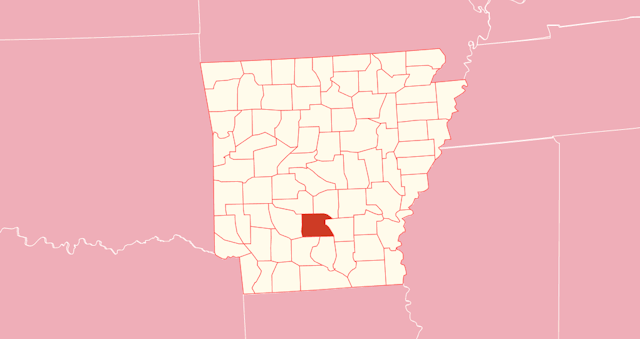Rehabs in Dallas
Dallas is a rural county in Arkansas state of the USA. It is the fourth least populous county in the state with a population of 8,116, according to the 2010 census. Fordyce is its county seat. The county name is honored to the 11st Vice President of the USA George M. Dallas.
Cotton farming plays a leading role in its population's life. Besides cotton, they also have railroads and timber industries. The region attracts many tourists through its rolling hills and pine forests.
Despite being a rural state, Arkansas has a well-developed transportation infrastructure. Thus, the movement of legal and illegal goods is facilitated here. Vehicles are mainly for transporting drugs into and through Arkansas.
So the drug and alcohol abuse levels are high spreading over Dallas county too. Consequently, substance abuse is a serious concern. For this purpose the government and why not many individuals have constructed various Dallas rehabs.
Abuse Statistics
According to many researchers, drug and alcohol addiction has always been the number one health concern in Dallas, Arkansas. The problem has more serious consequences among adolescents.
That is any child or adult who tries nicotine-containing substance is more likely to become substance dependent, than those who use it after the age of 21.
The same researchers claim that children who try nicotine-containing products increase the risk of becoming alcohol and marijuana-dependent.
Unfortunately addiction pandemic is not alone, it leads to arising many mental health issues in the whole of Arkansas state. Mental Health in Arkansas will show you the picture of addiction and co-occurring health problems.
Types of Rehabilitation
There are many recovery centers in Dallas county. Each of them has a unique functional difference that lets it stand out among the others. E.g. some centers are self-funded(Pointe Outpatient) that is they accept self-payment, others offer free or no-cost care, and more and more.
All in all, they are of two types and they both have a very important mission. Those are outpatient and inpatient rehabs, which are interrelated with each other. Depending on your addiction level and type one of them will be the best option for you.
Yet, before coming to these stages, you should clean your body of toxins through detox.
Detox
This is the first part of recovery you are to go through. It usually lasts 3-7 days, which aims to keep you safe during withdrawal and also gets you ready for the continuation of treatment. In other words, detox mainly focuses on medical stability and safety.
Detoxification is a very important process, that you must pass through, but it is not enough for your full recovery.
So, after fulfilling your medical detox under professional supervision at a specialized detox clinic or outpatient and residential facilities you must begin your main lifelong medication process.
Outpatient
You can attend this type of facility, whenever you find out that your addiction is mild or you have already finished the inpatient recovery and need step-down treatment.
Outpatient types have their subcategories. Those are as follows:
- Standard - these programs offer up to 9 hours of treatment per week.
- Intensive - they offer at least 9 hours of treatment daily.
- Partial hospitalization programs - they offer 20 hours of treatment per week.
Counseling with lots of behavioral therapies will help you learn healthy coping skills.
Inpatient
These facilities are for those, who suffer from the most severe cases, co-occurring disorders, or those who have a history of relapse. They require living settings, as you are going to get 24-hour care. In other words, you will have to stay at the clinic for the length of the healing.
Here also depending on your abuse level the inpatient rehabs can be long-term (6-12 months), short-term (a few weeks), and recovery housing (living on your own away from common triggers).
One thing that is very good for all the clinics is that the healing approach for a client is unique and individualized.
The Cost of The Abuse Treatment
Generally, the rehab costs range from $3,000 to $100,000 for a month. Many factors impact the price. Those are the addiction type and level, facility location, offered amenities, and other entertainment.
Luxury Rehab Costs
These are the most expensive inpatient facilities, as they additionally offer spas, gym and workout facilities, private suites, massage therapy, meditation and yoga classes, recreation, and so on. Due to these additional services, you will have to pay really high prices.
Luckily you may cover your care expenses by insurance partially or completely. Yet, if you do not have it try to find a clinic that offers financial aid with the help of government organizations, charity groups, and other individuals.
How to Force Your Teen Into Rehab
Sending a child to a rehabilitation center is one of the most difficult decisions for a parent. It will be better for an addicted teen to go for healing by his own will. Besides forcing anything may lead to other bad behavioral activities.
At this period a child needs a tolerant and patient friend. Try to become very friendly and let him know about it for the desired result out of this overwhelming situation.

